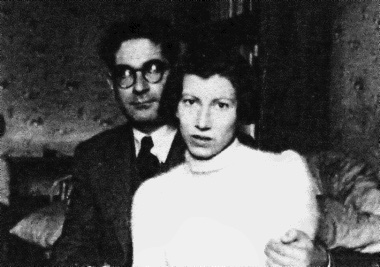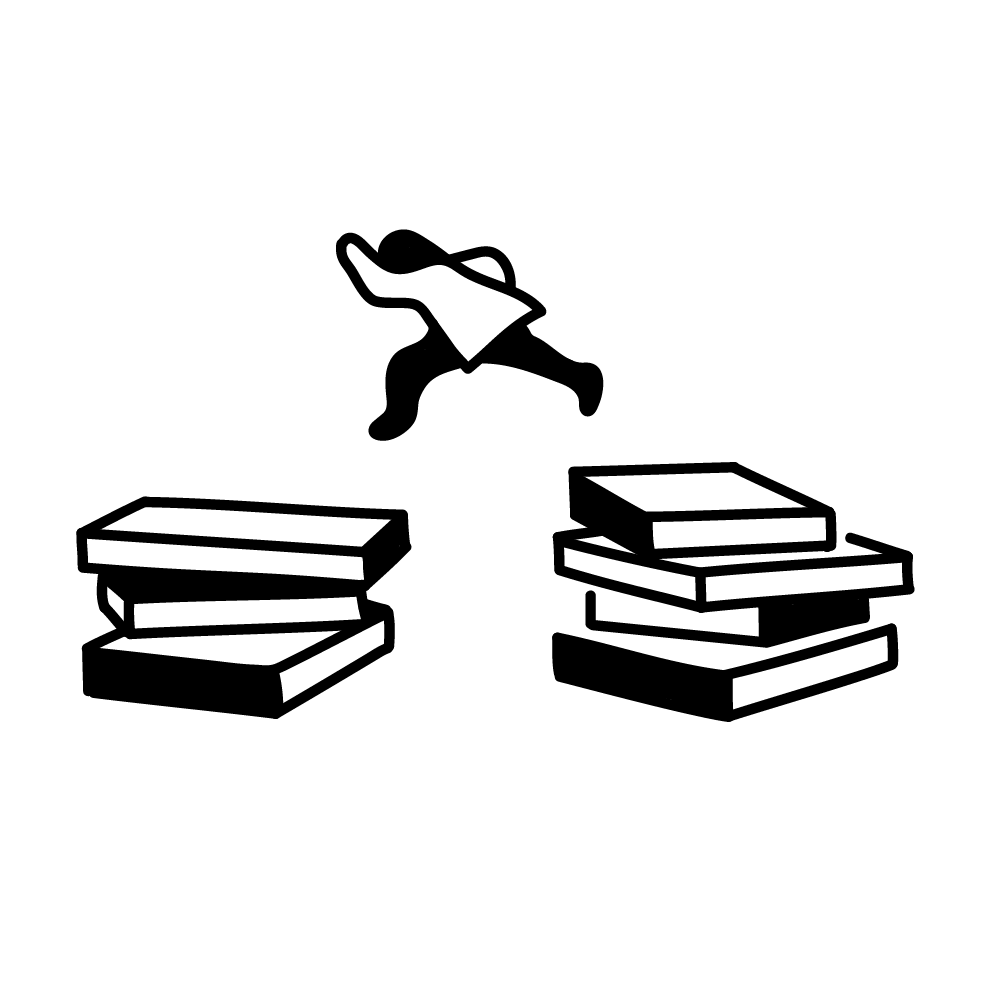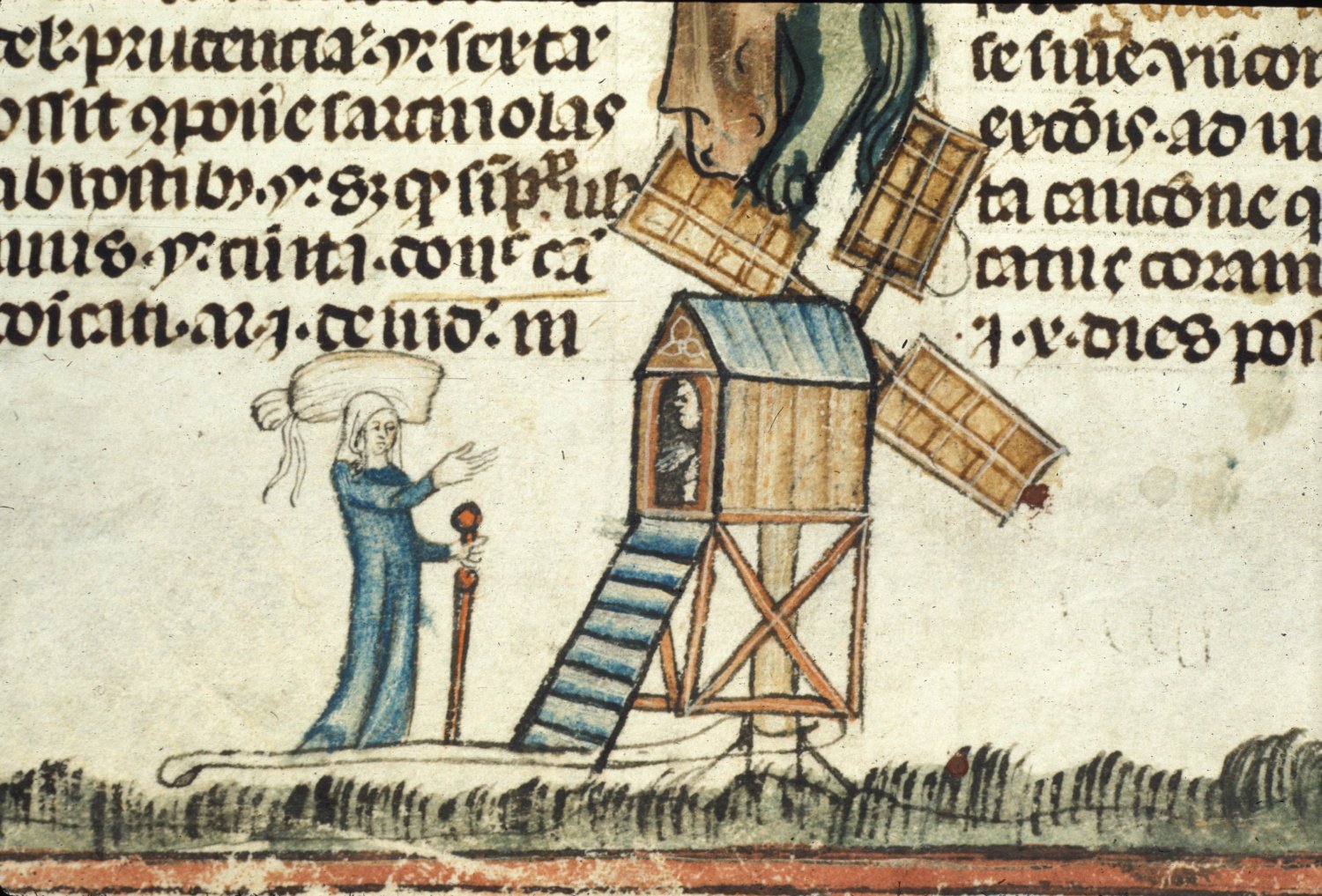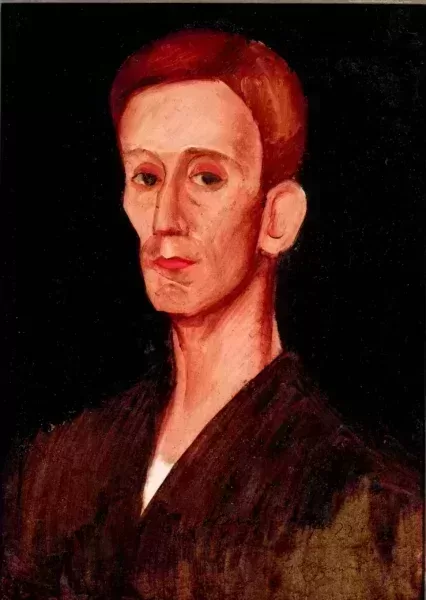Literature
-

On Natalia Ginzburg’s Valentino
published in
On Natalia Ginzburg’s Valentino, newly translated: a Q&A with Alexander Chee.
-

-

The cemetery-goer
published in
On the travels of Karl-Markus Gauß, and the unlikely guardians of the dream of Europe.
-

Beamer, Dressman, Bodybag
published in
On the unexpected joys of Denglisch, Berlinglish & global Englisch. « My own language, made camp. »
-

Doom is in the details
published in
Floods, hailstorms, plague, fire, children lost on a mountain or trapped for years in a ruined villa. On the stories of Adalbert Stifter.
-

The pulverization of memory
published in
Write your memoir in a hostile tongue. On Marina Jarre, from Latvia to Italy and back.
-

An archeology of the air
published in
On Havelok the Dane, medieval air & the world’s largest wind farm
-

When the world makes rags of us
published in
He spoke of painting like a starving man speaks of food. On Józef Czapski, Memories of Starobielsk and the art of observation.
-

Flags & bones
published in
On Curzio Malaparte’s Europe — and ours. The midcentury novelist read anew, on war’s aftermath and transatlantic romance. What was, or is, « postwar Europe », anyway?


